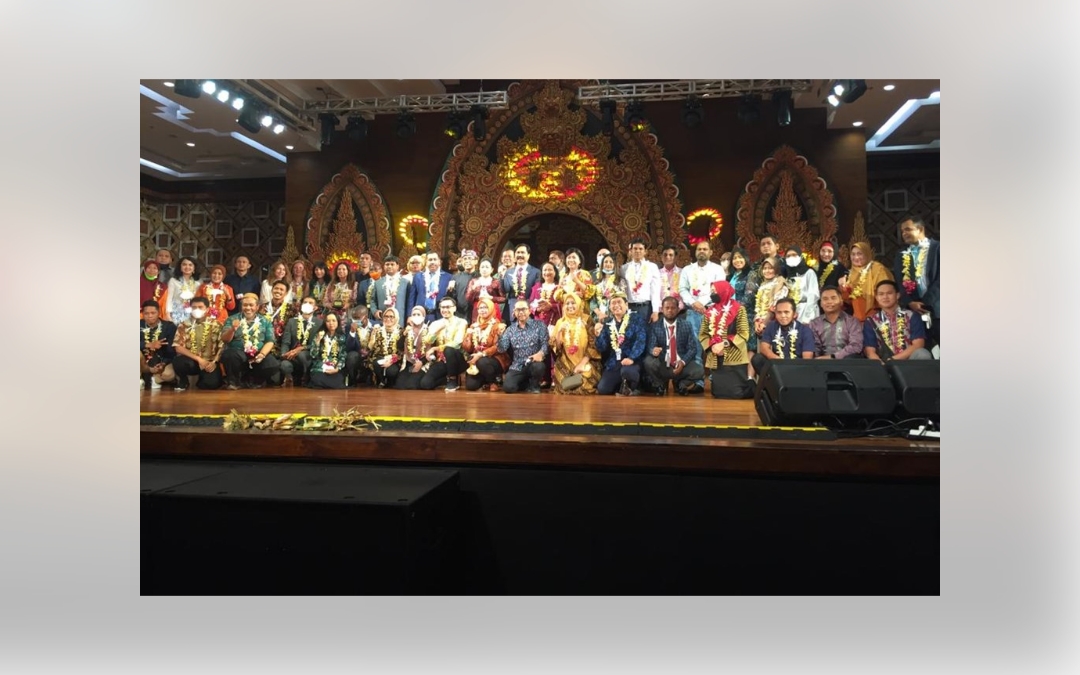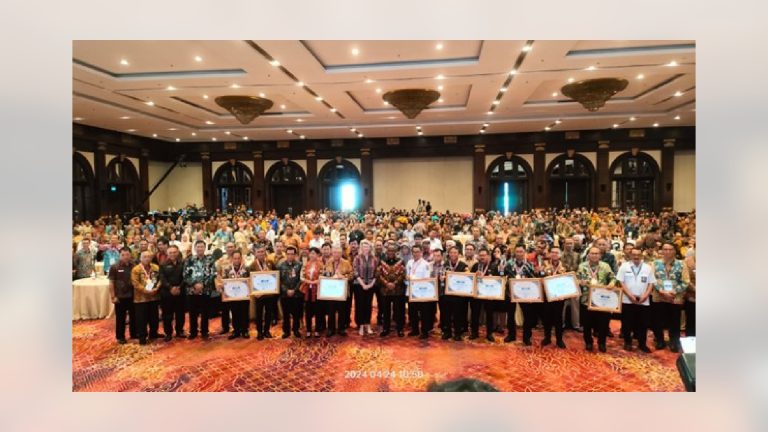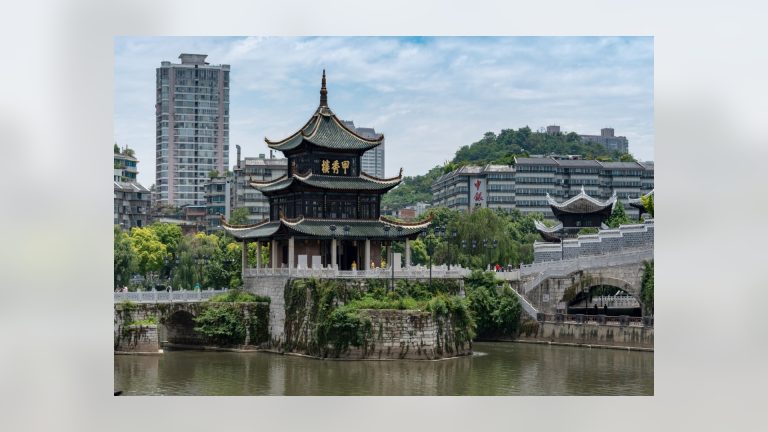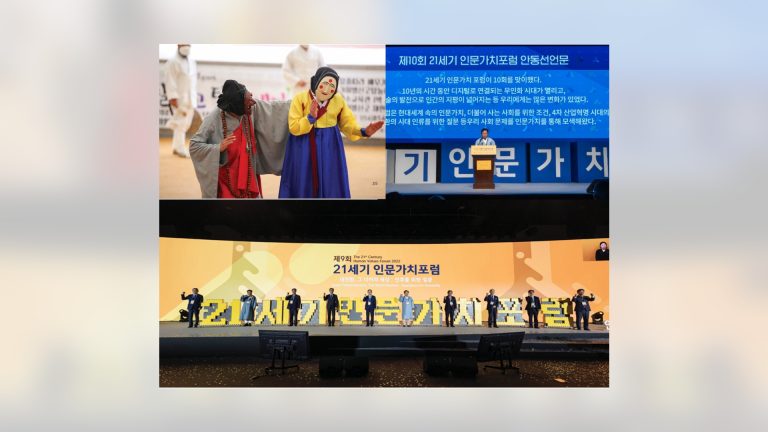23-26 May 2022 | UCLG ASPAC, together with the City of Denpasar, UCLG ASPAC as the Secretariat of the Global Covenant of Mayors Southeast Asia (GCoM SEA) participated in the Global Platform for Disaster Risk Reduction (GPDRR 2022) organised in Bali (Indonesia).
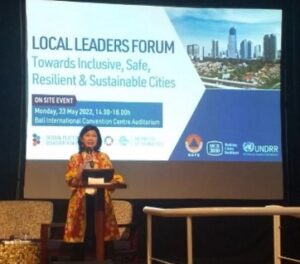
The practices were presented by several local leaders such as the Governor of Bali, Mr. Wayan Koster who provided a successful example of prevention efforts to improve the early warning system, and Vice Mayor of Palu, Dr. Reny Lamadjido shared the experience of the 2018 disaster-hit Palu City and the effort of the recovery phase including the importance of local wisdom for disaster prevention. The Mayor of Bontang City, Mr. Basri Rase shared the city experience of joining the MCR2030 programme that opens opportunities to form communication networks and collaborations, not only with fellow local governments, but also with experts, and local activists, and other development partners. By the end of the event, the UNDRR Special Representative of the Secretary-General for Disaster Risk Reduction, Ms. Mami Mizutori closed the Forum and encouraged more local governments to join MCR2030 and share their experiences with other cities. She encouraged private sector service providers to use MCR2030 to reach out to cities and provide technical services. Finally, she presented the MCR2030 Ceremonial Certificate presentation for the Governor of Bali, Bangladesh National Association of Municipalities (MAB) representative, Potenza Province, Italy, and the Mayor of Matosinhos City, Portugal.
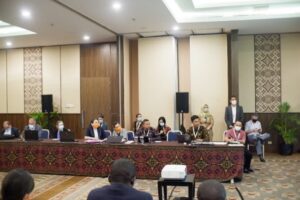
UCLG ASPAC, playing a role as the Secretariat of the Global Covenant of Mayors Southeast Asia project funded by the European Union (EU), also organised the GCoM National Training Workshop in Climate Change Adaptation from 24 to 25 May 2022. The workshop completed the series of GCoM Asia Project Workshop on Climate Change held in Yogyakarta taking the theme Climate Change Mitigation.
In the workshop, the Secretary-General of UCLG ASPAC, Dr. Bernadia Irawati Tjandradewi, delivered welcoming remarks following the remarks from the representative of the European Union Delegation for Indonesia and Brunei Darussalam Henriette Faergemann.
The workshop invited 21 representatives from the Development Planning Agency and Office of Environment from 21 selected cities across Indonesia as training workshop participants. The event provided local government representatives to discuss with speakers from the national government, such as from the Ministry of Environment and Forestry, the Ministry of Finance, and the National Development Planning Agency, as well as GCoM SEA’s technical partner Centre for Climate Risk and Opportunity Management in Southeast Asia Pacific (CCROM-SEAP).
The participants could also virtually discuss best practices on climate change adaptation with Mercociudades and learn deeper about climate finance from Climate City Gap Fund, the Transformative Action Program (TAP) by ICLEI, and the Global Infrastructure Basel Foundation (GIB).
The representatives of Indonesian cities actively participated in fruitful sessions, shared their best practices, and discussed problems and solutions in dealing with the adaptation to climate change. The training workshop was completed with a study visit to some climate mitigation and adaptation projects in Denpasar City: Tukad Badung, Tukad Bindu, Tukad Rarangan, Subak Teba Majelangu. The participants also took part in the tree plantation programme at Tukad Rarangan.
Some cities have decided to be the GCoM signatories and are committed to fighting against climate change together with the GCoM.








